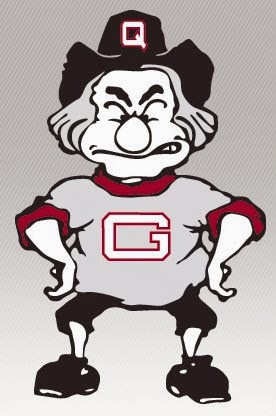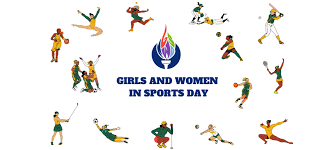IAAF bans Russia from international sports events
Imagine running a marathon. After months of hard training, you place first in the race. Much to your surprise, however, you are then disqualified, your prize money is taken away and you are banned from participating in future events.
That is what Victor Ugarov experienced on Nov. 15 after winning the Kanazawa Marathon.
Two days earlier the International Association of Athletics Federations prohibited Russian athletes from participating in any international sporting event over a major doping scandal.
“The whole (Russian athletic) team was targeted and not just a select few,” said assistant track and field coach Pierre Cadore in an email interview. “Normally we see individual athletes being banned, but a whole team is rarely heard of.
“The rareness of the event helps to illuminate how rampant the use of performance-enhancing drugs was among the Russian team.”
Doping allegations came to light after a German broadcasting service published multiple documentaries on Russia’s systemic steroid use in sports. The World Anti-Doping Agency investigated these claims, eventually releasing a complete report on Nov. 9.
The examination concluded that Russia had been sponsoring a statewide doping program. According to the report, Russian laboratories destroyed urine samples, athletes used false identities, government officials gave athletes warnings to upcoming drug tests and the state bribed IAAF officials.
“It doesn’t surprise me,” said Assistant Professor of Political Science Robert Duncan. “There is money to be made, there is pride of country. In Russia, you don’t have freedom of speech, freedom of press, freedom of organization or a rule of law.
“You don’t have the same kind of underpinnings that we do in our country to guarantee honesty, openness and integrity.”
Russia’s spokesperson, press secretary Dmitry Peskov, originally denied all doping claims, describing them as “groundless.” After the IAAF’s decision, however, Russian President Vladimir Putin reversed this assertion, promised to take action against cheaters and looked into an internal investigation.
The IAAF will keep restrictions on Russian athletes until the nation and their anti-doping organization, RUSADA, show their compliance with IAAF policies. The first chance for parole is Mar. 27, 2016, when investigators will report on the country’s progress.
The IAAF World Indoor Championships on Mar. 16, 2016, will be one of the first major events unavailable to Russian athletes during the probation. However, if Russia makes enough efforts to combat its doping practices, officials will permit players to participate in the 2016 Summer Olympics in Rio de Janeiro, Brazil.
“Russia built Sochi in seven years,” said former president of WADA, Dick Pound, in an interview with The Guardian.
“(Restructuring their anti-doping system) is child’s play. All you need is some direction from the political authorities and to say: ‘Look, RUSADA is independent and the lab is independent and anybody who doesn’t make that happen is in trouble.’”
The status of Russia’s winnings in the 2012 Olympics have also come into question. Based on WADA’s recommendation, star athletes including track and field runners Mariya Savinova and Ekaterina Poistogova could receive lifetime bans and have their medals revoked.
Russia is just one example of corrupt sport values. WADA’s report accused other countries including Argentina, Ukraine, Bolivia, Andorra and Israel of “non-compliance” with anti-doping regulations. Independent laboratories will perform drug tests in those nations until the IAAF reexamines the situation further in March.
Because of these instances of alleged malpractice, the Russian incident raises concerns about the morality of competitive sports. Many believe the tensions of an increasingly globalized world take a toll on the integrity of athletes, who are in the center of multinational competition.
“The culture of winning and the pressure of upholding that culture often drives athletes to take illegal measures to gain a competitive advantage,” said Cadore. “Sports as whole needs to work on creating an atmosphere that promotes healthy competition that is not solely based on winning.”





